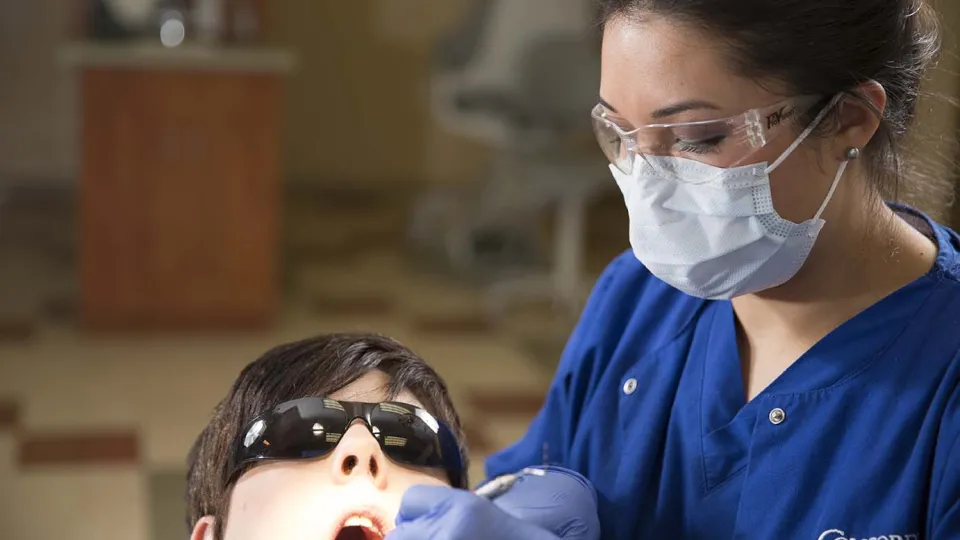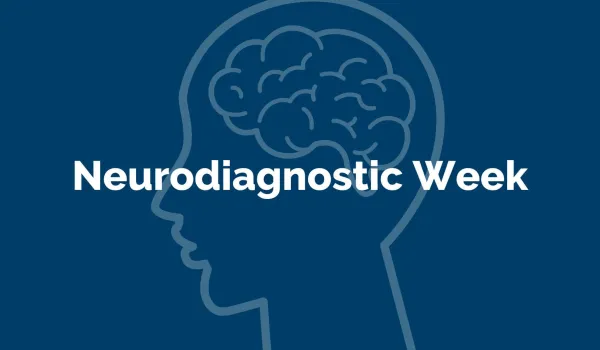Concorde Staff

The mouth is a mirror of our total body health, according to Diane Osso, Dental Hygiene Program Director at Concorde's Aurora campus, Colo. So when a cold or flu wreaks havoc on our bodies, it's also affecting our Dental Hygiene, Osso said.
"Whenever we get run down, sick or, for women, hormonal changes... our mouths show the signs sometimes before we actually feel sick," she said.
These signs are what Osso described as gingival inflammation - redness or edema, puffy or edematous, and sore gums. When our gingiva is inflamed, we are much less likely to brush correctly, which is to brush right at the gum line to remove bacterial plaque.
"This only exasperates the condition," Osso said. "We also take over the counter and prescription medications to combat our illness, which can also make things worse."
Dry mouth leads to poor Dental Hygiene
Osso said, when our noses are clogged with mucus, we breathe through our mouths, which dries out oral tissue. When we are sick, we also don't eat as well as we normally would... soft foods, soups, sodas to ease stomach aches.
"These food and drinks promote heavier plaque buildup," she said. "When people who are sick come into the dental office to get their teeth cleaned, it is usually more painful."
Often, she said, a patient is rescheduled until they're feeling better. Patients with active cold sores on their lips get sent home because they're contagious.
"Colds and flu wreak havoc on our oral cavity," Osso said. "Thank goodness they are short duration."
How the common cold can affect your Dental Hygiene
Delta Dental recently published a blog on its website that listed four ways being sick can impact your oral health and Dental Hygiene.
- Tooth pain. The largest sinus cavity in your face sits right above your upper jaw, and when it fills with fluid, the pressure can push down on the roots of your teeth, causing a toothache.
- Bad breath. When excess mucus occurs from postnasal drip, it creates an environment ripe for bacteria to multiply, giving the discharge an odor. Hence, you get bad breath.
- Sore throat. The common cold is the most common cause of a sore throat.
- Dry mouth. Dry mouth, caused by mouth breathing, can be made worse by antihistamines and decongestants. Saliva plays an important role in fighting tooth decay by washing away plaque-causing bacteria. So stay hydrated by drinking lots of fluids.
You can learn about all these facts and more in an institutionally accredited online dental hygienist program such as the one offered at Concorde. If this interests you, find out more about our DH program at Concorde.edu.

Take The Next Step Towards a Brighter Future
We have a Concorde representative ready to talk about what matters most to you. Get answers about start dates, curriculum, financial aid, scholarships and more!



